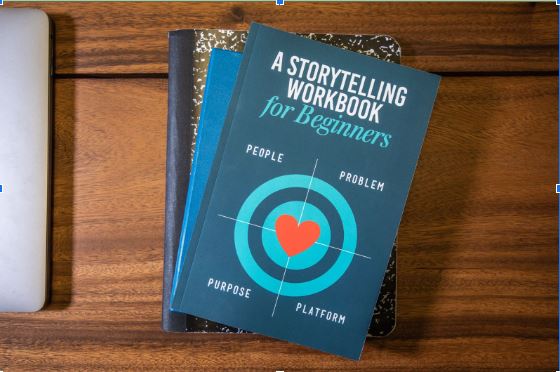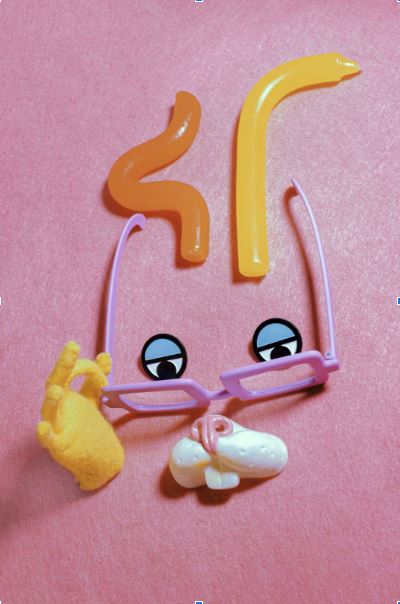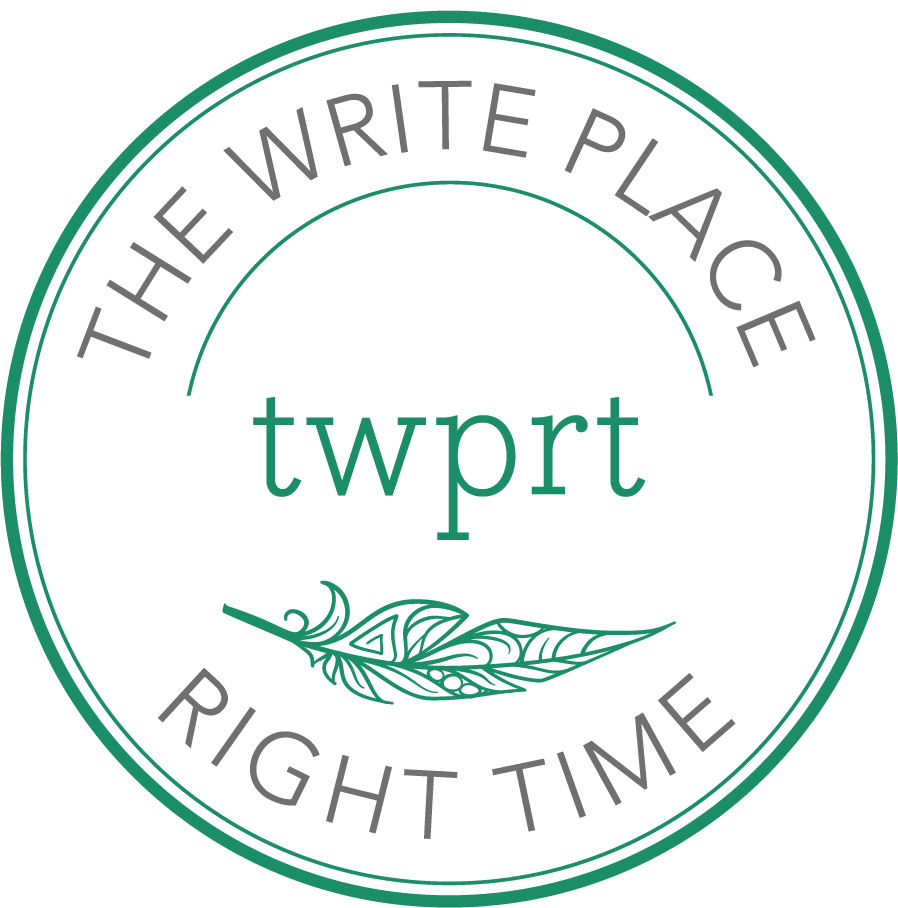The art of storytelling is lost! So morbid, isn’t it? But it’s kind of true. If we look at the gaming industry, we see the foundations of entire franchises falling to the ground because of modern CEOs and producers that aim to meet a quota, or worse, check off a list of media requirements to meet the unrealistic demands of screaming audiences – the less than vital voices of the world of media. As much as audiences demand representation, all rights mattering, and self-projection on characters, that’s not what a storyteller does and that’s certainly not what storytelling is. Let’s identify the difference between the storyteller and industry crafted stories and determine what to do in these situations, shall we?
What IS A Storyteller?

Merriam-Webster defines a storyteller as, “a teller of stories'' while Cambridge Dictionary calls a storyteller, “a person who writes or tells stories, or reads them aloud.” In my 10+ years’ experience as a writer, I’d define a storyteller as, “a crafter of tales that specializes in the art of storytelling, while also invigorating the minds and hearts of readers throughout time.” When put like that, the weight of responsibility runs high. Storytellers, especially of the modern age, hold a responsibility to present and future generations to tell stories that enhance, entertain, or intermingle in our lives. Mastering this craft doesn’t happen overnight, and American society seems to give less than a crap about the quality of stories told. Call me “overdramatic,” but there’s a bigger issue here, and its remedy starts with us.
The drastic decline of authentic and imaginative media is an issue that’s evident by trained and unpolished eyes of audiences and fellow storytellers. It’s easy to say, “It’s just a job” or “It’s just a story,” but this injustice is affecting our present and future generations. Chris Ashby, founder of We Are Heroes and user researcher, talks about this “storytelling problem” in his article “The Creative Industry Has a Storytelling Problem, But Together We Can Fix It…”. Ashby states that designers, illustrators, and creative directors assume that storytelling is an automatic skill. What they’re actually doing, according to Ashby, is they’re not, “learning what makes stories actually work in the first place.”
We as an audience are sitting in our own arks. We are sitting in boats of our own making and living off the reserves we’ve gained throughout our lives. Here’s the thing, we’re all sharing the same ocean, and we’re not respecting the natural defenders, protectors, and researchers of our water. To add to this metaphoric point, storytellers, “nerds” if you will, poets, and writers are masters of their respective craft. We can read the ocean of words and decipher what’s best to say, how best to address the story, and to determine which media best suits the story for audiences. We’re not being allowed to do our jobs because storytellers are a dying breed. Whether that’s because money matters more than the story, but history has shown how untrue that is. There are too many awful stories to go around, and this bigotry is more than an American problem.
Level 2 Writers Writing for Level 30 Franchises
I recently saw the newly released animated movie, Resident Evil: Death Island. Although this article is not a movie review, I’m going to tear this movie apart because it’s a beautiful example of storytelling gone wrong – or better, it’s nonexistent. Without giving spoilers, this movie centers around a mentally worn-out Jill Valentine as she returns to the field, joining with her comrades Chris Redfield and his sister Claire to journey to Alcatraz to fight off a new energy using bioweapons to take over the world. They’re later joined by franchise favorite, Leon S. Kennedy, and scientist Rebecca Chambers. For long standing fans of the series, this should have been the movie of the decade.
This movie single handedly made me glad I rented it. I would have been livid if I spent $15 on a theater ticket or paid $17-$20 to buy it on DVD or digitally. The storytelling was mediocre, from 10-minute villain monologues to predictable character dialogue, the little to no connection between the characters, and worst of all, highlighting a main character that no one knows, hardly cares for, and has little to no development as a person.
Storytellers understand that the names of popular characters mean nothing if those characters have little to no depth. The story’s flow was sloppy, the themes of the story were blotchy and remedial, and there are some topics, like Jill and Chris’ talk about emotional numbness and souls in the beginning of the movie, that were never brought up again. As a multimillion-dollar franchise that’s at least 30 years old, this is hilariously ridiculous.
Another popular series that’s hit a rut is The Witcher. For most fans of the popular video game, and fans of Henry Cavill, I don’t even have to say more here. But I am. The Witcher is a 2019 series based on the book series by Polish writer, Andrzej Sapkowski. It centers around the tales of Geralt of Rivia and his trials, tales, and tribulations as a Witcher. There are six stories in The Witcher Saga and several short stories; there're tons of content to dive into, and there was even a standalone novel titled Season of Storms (2013).
But guess what Netflix did. You guessed it. They butchered the story. Throughout the 2019 series, fans of the series, whether being introduced through the books or popular video games, immediately had low expectations and worries about the direction of the show. In short, characters were drastically changed, a lack of care for the actors and the story was shown throughout the entire production, and these required changes were so terrible that Henry had to correct directors and producers about how “uncharacteristic” these directions were. Unbeknownst to some, Henry is actually a remarkable storyteller. As a passionate man of games and technology, he thrives on telling the best and most authentic stories he can. Why he wasn’t in the director’s seat on The Witcher, I don’t know.
Writers who genuinely care about their companies and franchises will understand this decline of storytelling more than audiences will. However, audiences and readers aren’t dumb. They know they’re being fed crap stories with plot holes, random character appearances, and no substance to satisfy them. I’d even argue that audiences of the 80s, 90s, and early 2000s gained more substance and enjoyment from the movies, films, and media of their time, because their media contained actual storytelling.

Writers are not being asked to actually be storytellers. We’re allowing novice level two writers the chance to write stories for popular franchises and this issue is causing great harm to the creative world. These writers are not being challenged to actually read other stories and be inspired. They’re consuming other stories, downright stealing at this point, renaming the story and revising it to its own vision. That’s not storytelling. It’s stealing, and it's what passionless level two writers do when they’re convinced their writing will amount to nothing. Not all blame goes to these people, of course. They’re doing their job; they’re getting their paychecks. Creative corporation producers and production teams are partly to blame as well. Just because you have the power and financial means to create a story doesn’t mean you should.
We’re not giving ourselves or our audiences the chance to enjoy stories being told well. Not every story will resonate with every audience. That’s the point. Stories provide audiences and readers a chance to absorb the story, to love it, be entertained by it, informed by it, or even downright disgusted by it. If we prioritize trope and cliché filled stories with little to no plot, no challenges or thought-provoking dynamics, then we’re no better than hollow consumers that expect little to nothing in life. How are we to be enriched on these vast seas if there’s nothing to eat from our oceans?
A Storyteller’s Job Description
Storytellers for corporations and popular franchises are popping out stories that are quick to make, sell fast, and reach a particular demographic that gives the most results. One example of this is the uproar about the video game series, Final Fantasy XVI. Critics claimed that the game lacked diversity and the answer given by the game’s producer, Naoki Yoshida, was not a favorable one. According to Yoshida, during his interview with IGN, the game, “was never going to realistically be as diverse as say a modern-day Earth.”
Now we can look at this and think, “He’s being unfair and biased.” Is he though? I’d disagree. Yoshida and the entire crew on the Final Fantasy XVI project had one job: tell a story and tell it well. When we look at the tales of old, we look at the following: who’s the person we’re following (usually the main character), what happens to them, what happens next, who’s the bad guy (if there is one), and how does the story end? Determining whether that story is told well or not is determined by the effect of the story itself, and usually this step takes time since we can’t rush time, can we?
The Bottom Line
A storyteller has the wherewithal and backbone to handle the pressures of telling their story. They have a passion, drive, discipline, and internal power to craft the stories that itch at their fingertips; stories that are meant to be shared, expressed to a wider audience whether that’s through books, weekly articles, movies, or soundtracks. This craft takes practice, confidence, hardship, and the expectation of displeasure from distasteful eyes. But none of these things matter. The story does.
Stories live beyond us, which is why storytellers understand the responsibility they have. Modern media might require stories to make paychecks and to keep thousands of people fed, but ultimately, these tales will be left behind and those after us will be left with all that we create today.
On these cast oceans, the storytellers are the lost arks of the sea. We’re still here. You’ll find us everywhere.

 LaShun Williams is an African American writer of self-help, fantasy fiction, and romance novels. Her debut fantasy series, Element Princess, was published in 2013 under the pen name Jenaia Williams. She also published her short story Sea Comedies in DG Sentinel in 2023.
LaShun Williams is an African American writer of self-help, fantasy fiction, and romance novels. Her debut fantasy series, Element Princess, was published in 2013 under the pen name Jenaia Williams. She also published her short story Sea Comedies in DG Sentinel in 2023.
LaShun recently graduated with her associate in liberal arts from Southern New Hampshire University and she is continuing her education at Aurora University. She is in the process of completing her memoir and is investing her time in her creative projects. LaShun is also the founder of Greenhouse – A Human Healing Environment. In her free time, LaShun is searching for new types of coffee, watching video game playthroughs, and finding her next series to obsess over.
Connect with LaShun on LinkedIn.
Connect with her via Greenhouse’s Facebook page.
